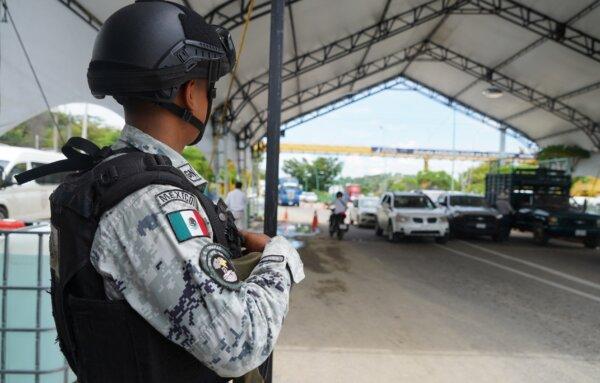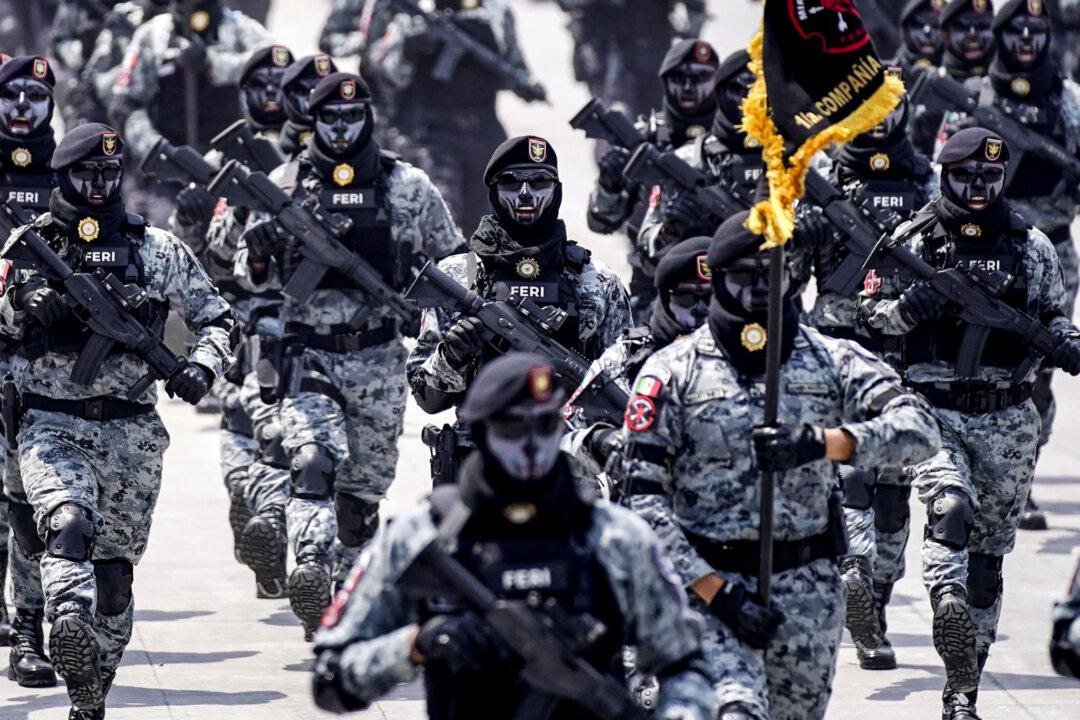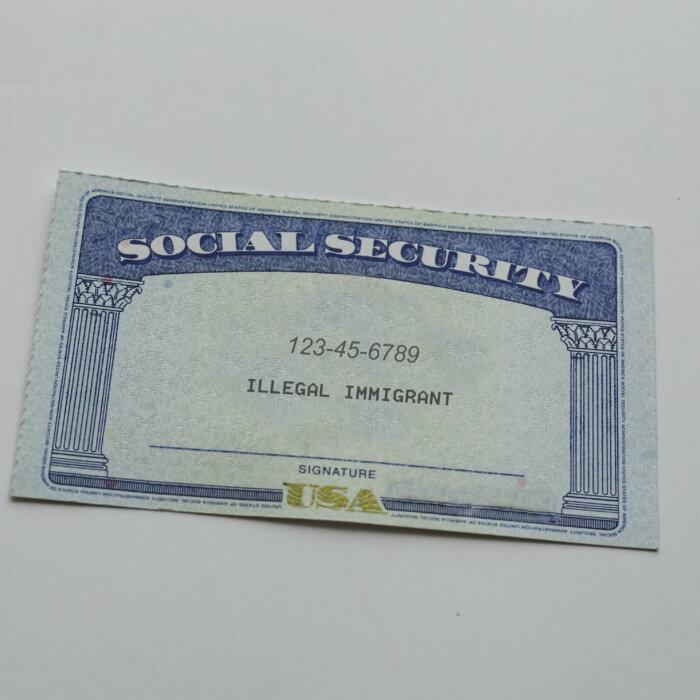Mexico’s National Guard will come under the rule of the armed forces after the country’s Senate approved a constitutional reform that had been pushed by outgoing President Andrés Manuel López Obrador.
Critics of the legislation say it would give the military too much power over law and order in Mexico.
‘Not The Peace Of Justice’
He said, “It is not the peace of justice.”Colosio’s father, Luis Donaldo Colosio Murrieta, was a presidential candidate who was assassinated at an election rally in Tijuana in 1994, an incident that remains clouded by mystery and conspiracy theories.
The civilian-led National Guard was only created in 2019, absorbing units of the federal, naval, and military police.
Unlike in the United States, the Mexican National Guard is not a state-based army reserve, and its main role has been to enforce immigration policy, especially on the border with Guatemala.
López Obrador was elected president in 2018, and during his tenure he has put the military in control of several areas that were previously civilian-led, including customs duties and airport operation.
He had previously pushed through a law to put the National Guard under military control, but Mexico’s Supreme Court overturned the law.
The president decided to change the constitution.
After debating through the night, the Morena party and its coalition allies overcame opposition that had drawn on concerns voiced by human rights organizations and the United Nations.
Morena denies that the change will militarize Mexico and insists that it will make the National Guard become a more effective security force.
In the early hours of Sept. 25, the Senate passed the constitutional reforms to the National Guard 86–42, just meeting the two-thirds majority required.
The measure had earlier passed the lower house of Congress, which is controlled by López Obrador’s Morena party.
Controversial Judicial Reforms
On Sept. 11, the Senate approved controversial judicial reforms, which would force 7,000 judges to face the popular vote.For the judicial reforms, López Obrador had been one vote shy of the required number until Miguel Ángel Yunes Márquez, a senator from the conservative National Action Party (PAN), took leave because of health issues.
He was replaced by his 71-year-old father, Miguel Ángel Yunes Linares, a former PAN governor of Veracruz state, who voted for the plan.
The national head of PAN, Marko Cortés, claimed that Yunes Márquez and his father had agreed an “impunity pact.”
In July, an arrest order was issued for Yunes Márquez for alleged falsification of documents and fraud related to his candidacy.
In the Sept. 25 National Guard vote, Yunes Linares again voted with the ruling Morena-led coalition.

The National Guard currently comes under the aegis of the Public Safety Ministry but will now be controlled by the Secretariat of National Defense, which also oversees the army, navy, and air force.
With concerns about corruption in the police, the Mexican military have played an increasingly crucial role in the war against Mexico’s drug cartels.
In 2016, Mexico’s naval special forces played a key role in Operation Black Swan, the capture of Sinaloa cartel boss Joaquin Guzman, better known as “El Chapo.”







